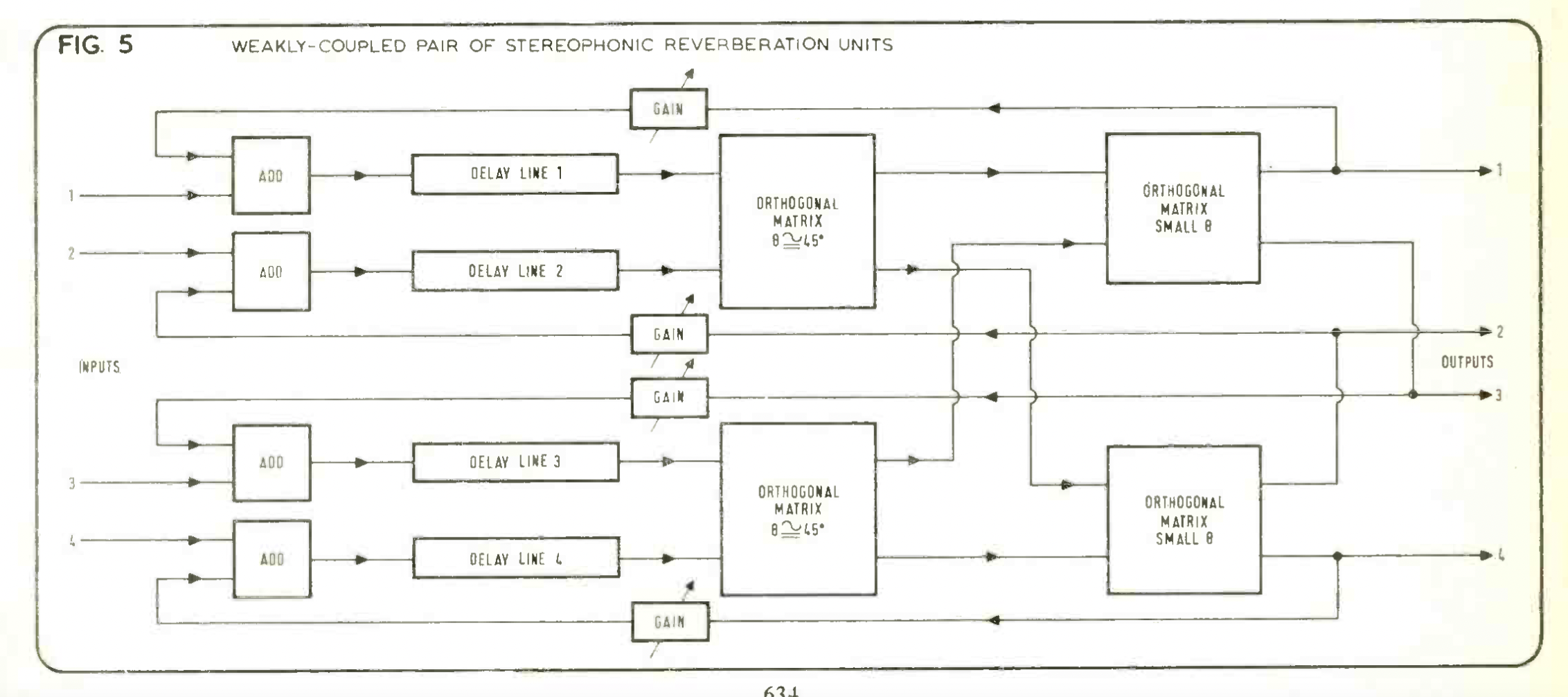Last week, I went tent camping for the first time in four years, on the shores of beautiful Lake Wenatchee. The campsite was nestled among towering Douglas fir and Ponderosa pine trees. Due to the dry conditions on the east side of the Cascade Range, there were no campfires around. This meant that people went to bed early, with no crackling fires, and none of that lovely campfire smell. We were able to fully experience the forest with all senses: the smell of the pine trees, the sound of ravens and ground squirrels, the feel of the sun on our skin, the clear blue of the sky during the day and the bright moonlight at night, and the taste of bacon (I can’t go camping without frying up some bacon in a cast iron skillet on a propane stove).

Shinrin-yoku or Forest Bathing
I recently learned a great word that describes the act of immersing oneself in the woods and soaking up the atmosphere: Shinrin-yoku, which roughly translates as “forest bathing.” Shinrin-yoku takes a very different approach from the more goal-oriented hiking and climbing that I grew up with in the Pacific Northwest. The focus is on leisurely walks, and simply “being” in the forest. Dr. Qing Li has written an excellent book on the subject,”Forest Bathing: How Trees Can Help You Find Health And Happiness.” I’d highly recommend seeking this out at your local bookstore, but you don’t need a guide for this process (which is good, as I misplaced this book in a backpack for this last trip). Just head to the woods, walk around, and let yourself experience the woods with all senses.
The visual, tactile and olfactory aspects of the woods were greatly appreciated during my forest bathing experience (I didn’t taste any trees). But on this trip, nothing compared to the sound of the woods. There was a fair amount of wind blowing off of the lake, and it created the most immersive spatial audio experience of my life. We’d hear the wind starting to pick up from a distance, and then blow over and around us. Radically different washes of noise could be heard at different angles and distances. The tent blocked NONE of the sounds of the wind in the trees. There was none of the typical campground noise – no music, no cracking fires, nothing. Just the wind blowing though pine needles.
Psithurism, the sound of the wind rustling in the leaves
It turns out that there’s a great word to describe the sound of wind in the trees and rustling of leaves: Psithurism. This word comes from the Greek psithuros, meaning “whispering, slanderous.” Each tree will have its own distinctive voice. There was a beautiful poplar in our neighborhood that would catch even the slightest breeze and turn it into a melodic rustling. The pines and Douglas firs at our campsite created less granular sounds, and more of a wash that would vary in pitch and direction. John Muir wrote about how “…the pines seem to me the best interpreters of winds. They are mighty waving goldenrods, ever in tune, singing and writing wind-music all their long century lives.” (A Windstorm In The Forests, 1894)
I love going for long hikes, getting my pulse rate up, climbing ridges and seeing huge expansive views. But there is a lot to be said for just sitting down in the forest, and soaking it all in. When I was in the woods, I wasn’t thinking about the news or allpass delays or changes to Apple OSes or anything like that. For the first time in a long while, I was just able to sit and observe and be. I came back from our camping trip recharged, with a clearer mind than I have had in a long, long time.





I had a similar experience recently too. I the high Tatras in Slovakia. I related it to my ‘way’ when songwriting. To be in the moment and to accept the moment, and what art comes of it.
BTW, you’ve a typo. ‘Observe’ not ‘obverse’.
This sounds like an amazing trip! Thank you for sharing!
Growing up in the woods in Massachusetts, there where these huge old pine trees that towered over our house. In the wind, they would rub against each other way up in the branches and the creaking was deep, slow, and very organic. Between that creaking, the spring peepers at night, and the coolness of the breeze, it was quite an experience.
I miss the sounds of the forest
Petrichor goes very well with Shinrin-yoku, especially with the weather we’re getting here.
Shinrin-yoku can also be translated as “bathing on the forest floor” which gives me more of a feeling of looking up–and being humbled. Anyway, I know how difficult it can be to take that first step to get out of the house… But once you’re on your way… When you’re older, it’s one of the few things you’ll wish you would have done more of. So, do go for it! And when you get back, you’ll be listening for the sound of the wind in the trees in your plugins. I’m sure it’ll help your tweaking!
“Forest Bathing” in the PNW is the best! I have some great spots that are pretty close to Seattle that make for fantastic afternoon rejuvenation sessions.
Shirin-yoku – that is just so apt
immersed in the velvety not so slient silence.
I record and use a lot of field recordings of the local “bush” here in Western Australia. For making music but increasingly just because it is magic and i want to captue a small fragment of it.
Its really interesting to compare what elements you notice in situ and what comes out when listening to the same enviroment as a recording.
Valhalla are my go to as there is a lot of subtly and control . Would be really interested to hear your thoughts / see any posts on processing for field recording – especially how to maintain the open sound stage and stereo field but enhance aspects and/or inject some wierd into the environment.
I always recommend ValhallaDelay for everything nowadays, but it has a lot of things that make it appropriate for field recording. The main thing is that most of the delay styles (Single and Dual in particular) preserve the stereo image of the input signal. Turn up the feedback and diffusion amount to turn any delay into a reverb. Use the Pitch/RevPitch/Ghost modes to inject weird.
There are different ways of handling the stereo field, and the various Valhalla plugins take different approaches. Something like VintageVerb has stereo inputs, but the outputs won’t necessarily retain the same stereo image as the input, as the “vintage” type algorithms tended to create equal energy in both output channels for a signal sent into one input channel. A real room doesn’t necessarily retain the stereo image, either, so you’d want to work with an algorithm that can preserve this image, whether or not it sounds “real.” Room, UberMod, and Delay all have the ability to have this “dual mono” type sound.
Of course, you can get cool sounds without preserving the stereo image, or without sounding particularly natural. Early Pink Floyd albums often processed nature recordings (lots of birds) through plate or chamber reverbs, and they sounded fantastic. Just not particularly like what you would hear in nature. You’ve RECORDED what you hear in nature, so adding effects can be a purely creative process!
I just adored this blog. I used to live in Oregon, and I agree…on their own the trees are magical, if you take the time to be still and experience them. Thank you!
Thanks for the new Valhalla Delay Designer presets too. Can’t wait!
Wow, I had not heard either of those words, but I think they are my new favorites . . .shinrin-yuko, bathing on the forest floor; and psithurism, whispering. I shall take those in on my next forest immersion. Thank you.
Thank you for sharing this important practice of self-care. For every couple of days I spend in the studio, I try to spend a long morning deep in the woods ( and surprisingly, Los Angeles has some real hidden gems! ). Another aspect of Forest Bathing is the presence of Phytoncides ( a healthy VOC released by many trees/plants ) which when inhaled, activates certain immune activities in our cells. It’s all good stuff for the mind, ears, and body.
I look forward to more emails!
Poplars are the sweetest sounding trees. I’m lucky to live in Canada close to the forest.
I love poplars. I wish they lived longer. It was SUCH a magnificent tree in our neighborhood. The slightest breeze would activate the sound, so it was almost always whispering. But it got too old, and was rotting from the inside, so they had to chop it down before it smashed into their house. I’ve seen a lot of beautiful poplars come down for the same reason.
There’s also the word komorebi for sunlight streaming through the leaves of trees!
I have a similar love for the sounds of Lake Michigan. Along the shore you can simultaneously experience the wind speaking in the trees and beach grass and the heartbeat of the waves curling on the beach and breaking on the sandbars. It is my favorite sound in the world, and one that I can call up in my mind when I need to comfort myself.
🍃🌎💠🗻💭🗯🤍.
Very enjoyable post Sean. I’m learning new words for describing the sensations of natural world. Psithurism and Shinrin-yoku are new to me, but Petrichor I know from this song by Australian singer-songwriter Paul Kelly:
https://www.youtube.com/watch?v=-86t_JodxOA&list=PLYSSmpQKvISyj7EG_u4Yp225bo-O14NCl&index=6
My wife and I have been in lockdown pretty much all of the last two years here in the UK. We have only recently started to walk outside and we have the choice of a walk around the block or slightly further, a stroll through Westley Heights…our local forest area. Thanks for the blog…I now have a greater incentive for a walk in the woods and also a better understanding of the different reverbs and delays. Win-win 🙂
Where I live in Uk very fortunate to have The New Forest, not quite the scale of The areas elsewhere in the world, but works non the less. Where we go is very well maintained naturally by the Forestry comission and there’s also areas left to fallow.
My wife and I take the kids there regularly for walks and play dates.
The sedatory experience, the ambience of the forest and the vast space puts smiles on their faces.
Great place to reflect not only on oneself, also the natural awe for the size and age of the trees that have mostly been there before youre born and likely/hopefully well after departed.
Staring up at the sky from the forest base drives humbleness and respect. For me it provides a modesty for ones own exisitance and the futility of the day to day worries both physically and mentally , a natural and calm grounding.
Hug a tree…and mean it.
Its a fabled expression I think say just challenge it and let go of any preconceptions. Maybe you will feel the experience or maybe not… Of course can always dismiss it an never know.
Get back to nature. Its awesome, inspiring and a great aid to get you back on track both physically or mentally. Just my personal experience.
https://media.tenor.com/images/6c84a6e1ef9962cfd60331f696d171e2/tenor.gif
Wow really hoping for a Psithurism Reverb now….. Great read!
That sounds lovely. I was recently walking through the swamps in Estonia, hidden away many miles from any road or city. This vast open landscape with not a bird in sight.
I’ve always had this preconception of wide open spaces sounding huge, think enormous reverbs, massive orchestras… But reality is that there isn’t a place more quiet and intimate
Fellow Pacific Northwesterner here. Also a fellow bit-flipper and lover of trees, especially aromatic Cedars on a hot day.
My own take is a bit less mystical, though: what you’re experiencing is the higher oxygen levels and lower carbon dioxide percentage. CO2 is what we’re unconsciously sensing when we say a room is “stuffy”, and it’s the gas that an HVAC engineer measures to determine whether or not an indoor space is getting adequate air exchange. In urban environments, oxygen is squeezed out by CO2, carbon monoxide and other pollutants. We are so habituated to bad air that we don’t really notice it until we step into a forest and everything changes.
This is one of the best lines of thought ever on an audio geek platform, thank you! Yes to being quiet in the forest (or wherever) and really hearing. One of my favorite reverbs is the effect of low hanging rain clouds (my studio is in the Oregon countryside). Hard to capture but we’ve occasionally managed it. Especially great on loud stuff; percussion, trumpet, bagpipes, for example.
And there’s the huge difference between a dry concrete reverb chamber and the same chamber when it’s wintery damp. My wish list to Valhalla: a “humidity” parameter for chambers and a “Rain Clouds” algorithm.
Billy Barnett
I’ve only noticed reverb off of clouds during thunderstorms. There’s something to be said about reverb that isn’t perfectly smooth, but builds up slowly, and then rumbles and tumbles away.
I thoroughly enjoyed reading that, thank you. We have good woods around here, and as you say, running or walking through them without any man made sounds present is a real ear opener.
Fascinating that you quote John Muir. There is the “John Muir Way” in Scotland named after him, it passes through my home town, Falkirk!
Jennifer
I can’t wait to fire up my audio recorder. Fall is in the air here in MN and as the trees leaves are colorful to the eye, I can only imagine what the soundscape will be as they dry and the breeze nudges them to take their decent to to the forest floor. Even on the ground the rustle will transport me and cushion my sole and soul.
Thank you for the great idea. I may even grab something for the eye.